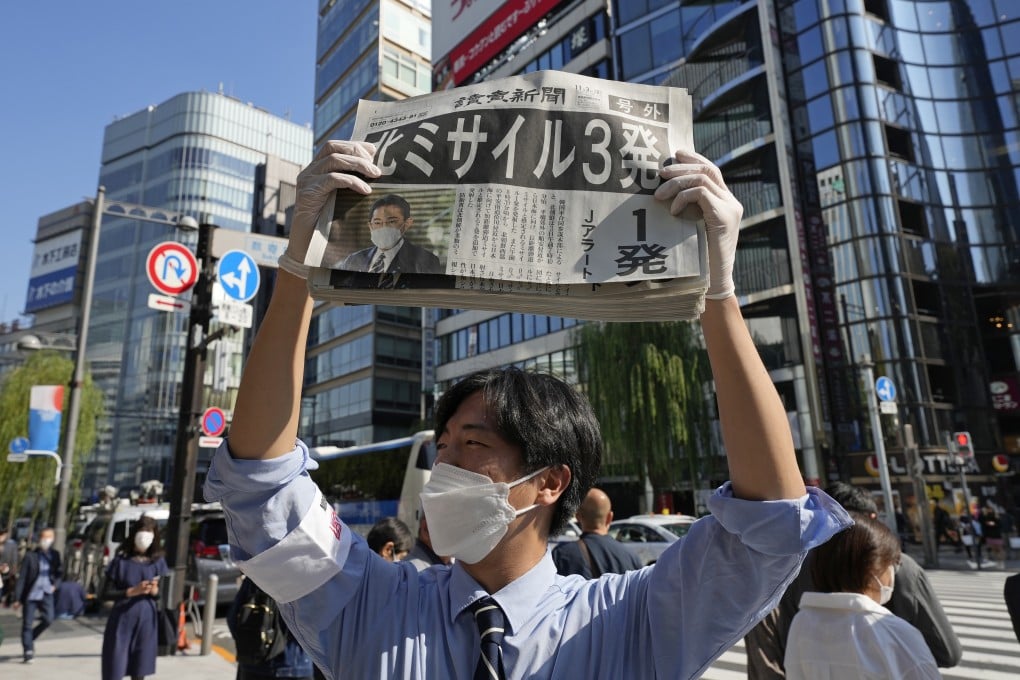Japan’s compliant, ‘elite’ media blamed for poor press freedom ranking: ‘they don’t want to rock the boat’
- Japan ranked the lowest among G7 nations in Reporters Without Borders’ 2024 World Press Freedom Index, which cited a raft of issues stifling reporting
- Observers say it’s because the country’s media has been shaped into a ‘good servant’ of the political class that stubbornly maintains the status quo


Japan’s “traditional and business interests, political pressure and gender inequalities often prevent journalists from completely fulfilling their role as watchdogs”, Reporters Without Borders said, arguing that since “the rise to power of the nationalist right” in 2012, Japanese journalists have experienced “a climate of distrust, even hostility”.
It also criticised Japan’s system of ‘kisha’ clubs – government-sanctioned news associations affiliated with ministries that are only open to established media outlets and have the right to deny or limit access to reporters if they publish news that conflicts with government’s stance.
The origins of ‘kisha’ clubs can be traced back to 1890 when the first Imperial Diet imposed a ban on reporters. In response, journalists banded together with the support of newspaper companies to establish the inaugural press club and lobby for access rights.
Despite pressure from foreign media, the ‘kisha’ club system has effectively remained the same ever since, promoting “self-censorship” and “blatant discrimination against freelancers and foreign reporters”, Reporters Without Borders said.
